Preparatory Japanese Language Training Commence for JPEPA 17th Batch
November 5, 2024
On November 5, 2024, the 17th Preparatory Japanese-Language Training for the Filipino Candidates Nurses and Certified Care Workers under the Japan-Philippines Economic Partnership Agreement (JPEPA) program began with the opening ceremony held online.
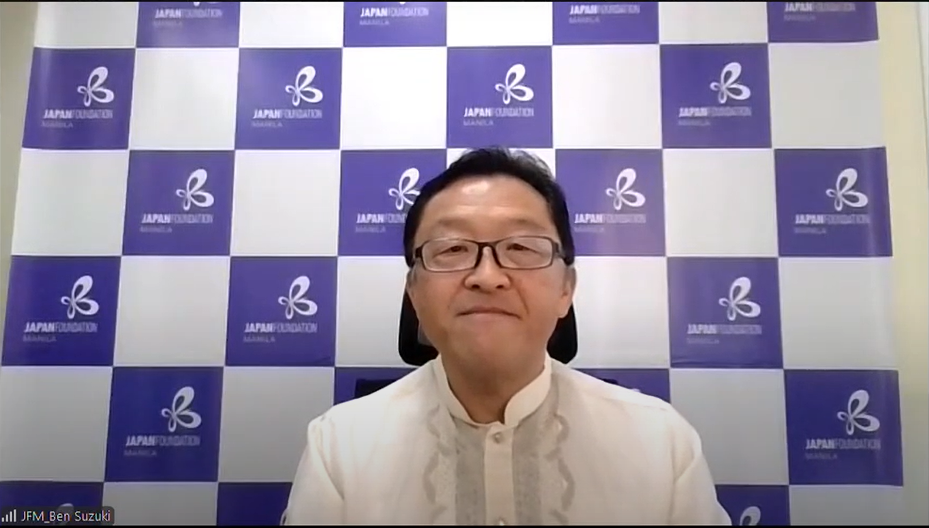
Mr. Tsutomu “Ben” Suzuki, the Director of Japan Foundation Manila, gave the Opening Remarks which were followed by messages from the Japan Ambassador to the Philippines Endo Kazuya; Undersecretary of Foreign Employment and Welfare Services of the Department of Migrant Workers Felicitas Q. Bay; Japan International Corporation of Welfare Services’s Managing-Director, Kataoka Yoshikazu; and Nihongo Center Foundation President, Mr. Philip B. Sanvictores.
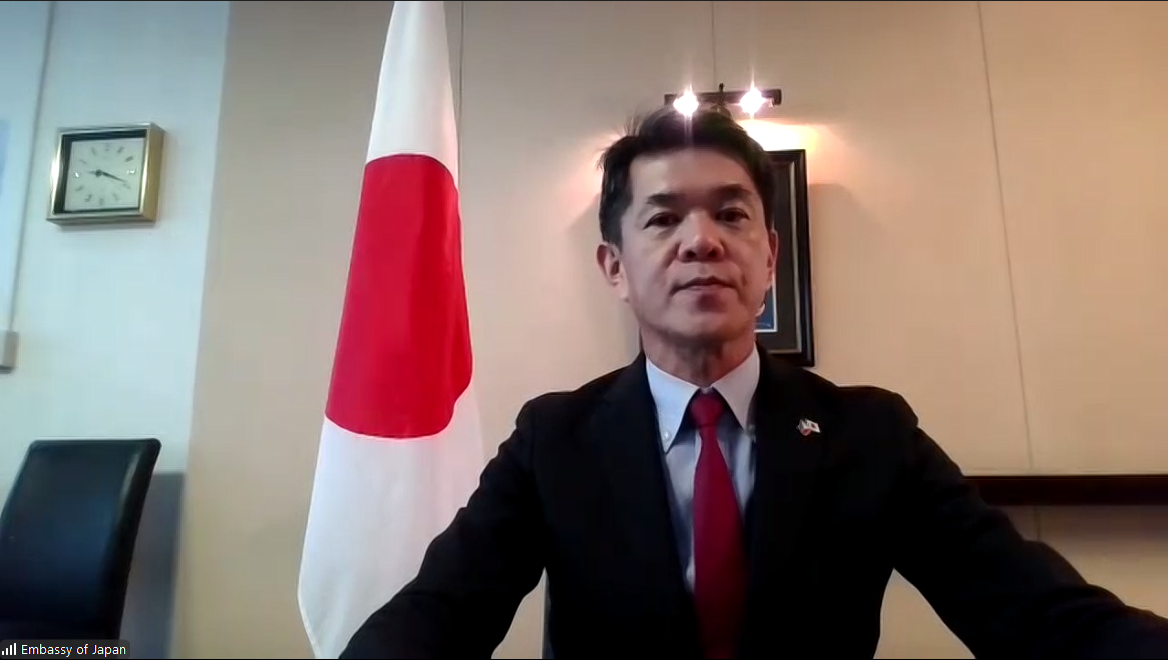
In his speech, Ambassador Endo Kazuya assures the candidates, saying, “Learning a foreign language is indeed challenging, but the feeling of accomplishment will be worthwhile and yours to cherish. I urge you to welcome the experiences and challenges of this journey.” He also thanks the candidates for choosing Japan as the destination for their future aspirations, adding, “It would be a considerable honor for my country to experience firsthand the warm professionalism and support of Filipino healthcare workers.”
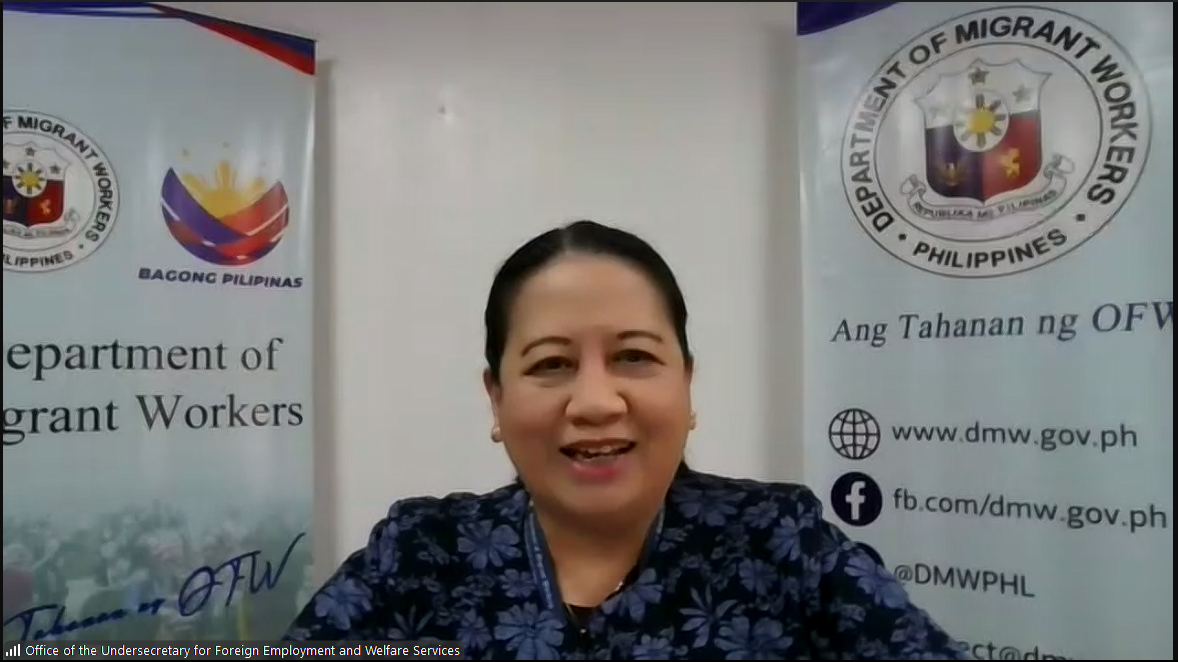
Undersecretary Felicitas Bay gave a message to the candidates as they embark on their journey and careers in Japan. “Rest assured that the Philippine government is with you during your journey”. Undersecretary Bay also mentioned that since 2009, it has “hired and deployed 685 nurses, 2700 caregivers or a total of 3,372 healthcare workers, some still working in Japan and others moved on in other careers”. She also adds that it will be the candidates’ time to “show the Japanese people the “kalinga” or care we are best known for”.
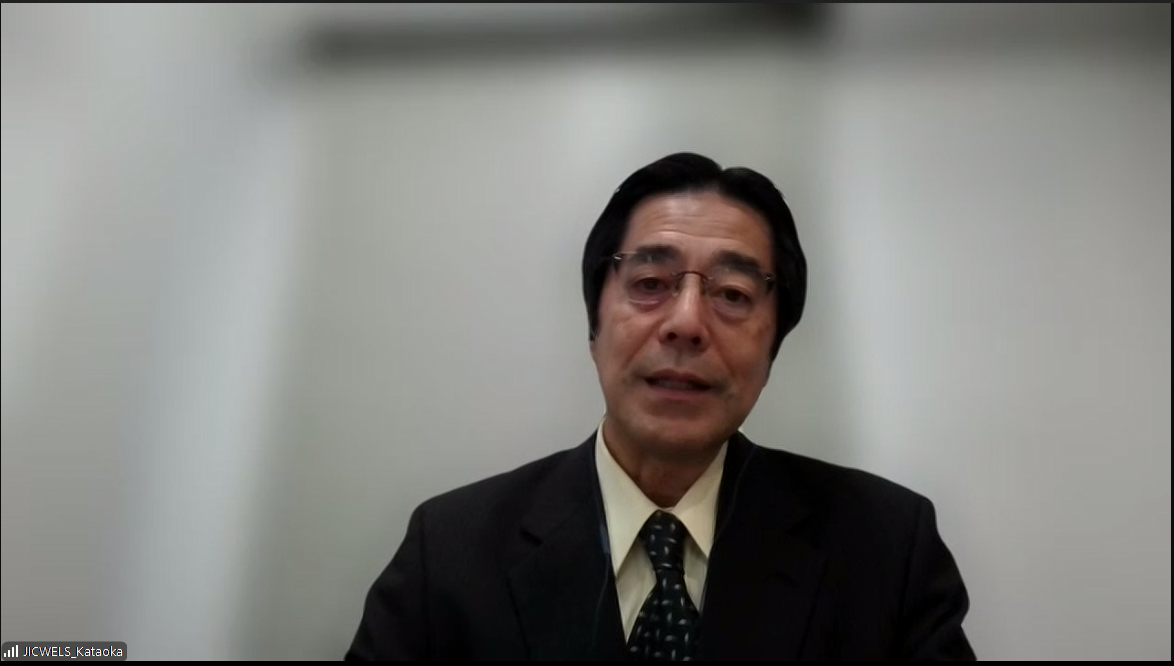
Kataoka Yoshikazu, Managing Director and Board Director of JICWELS, expresses his gratitude and congratulates the candidates for successfully matching with their desired hospitals and facilities, adding that he looks forward to seeing them in Japan next year. Mr. Kataoka advises, “For the next six months, you will first study Japanese to understand basic Japanese. It is not particularly difficult as long as you have the knowledge, ability, and desire to work in Japan.”
He continues, “Learning a new language is not easy, but I believe you can do it. Let’s make the most of this six-month training period to improve your Japanese language proficiency before going to Japan. Remember, you are never alone. You will study alongside the candidates here today, interacting, making new friends, and supporting each other as you learn. Let’s teach each other, encourage each other, and go to Japan together.”
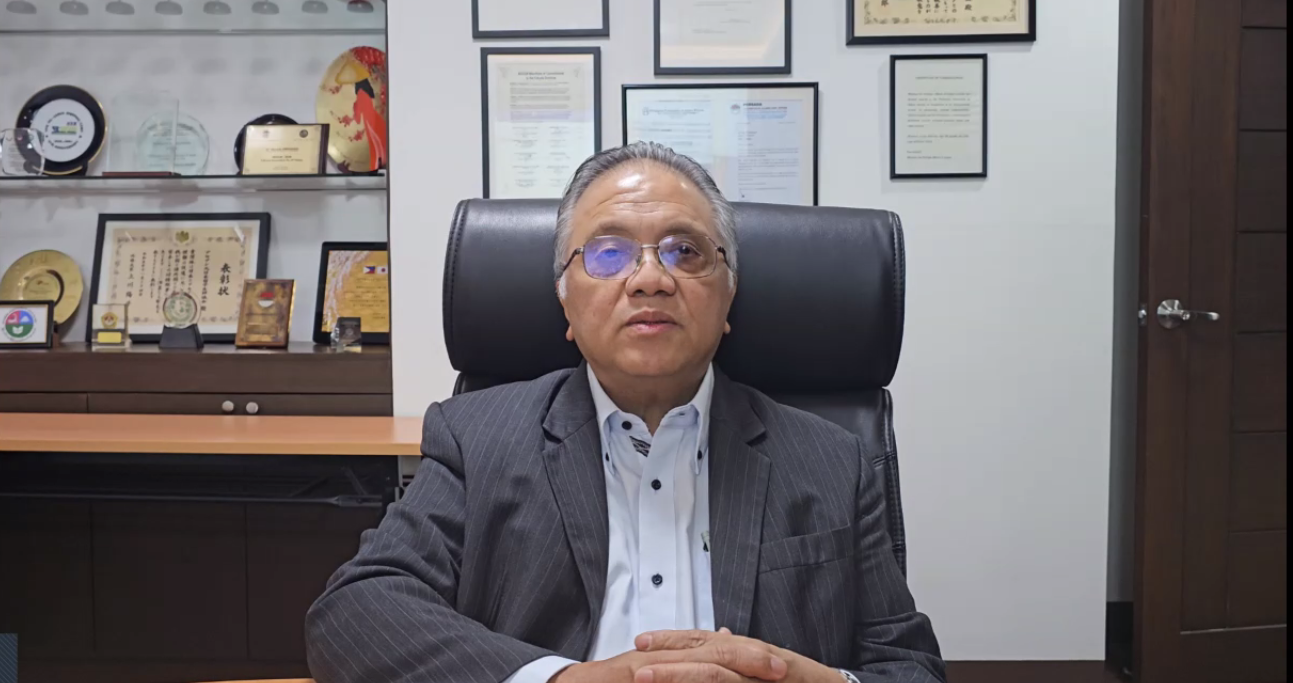
Mr. Philip B. Sanvictores, President of the Nihongo Center Foundation, shared a video message with candidates, highlighting the significance of their upcoming journey. With the support of the Japan Foundation, NCF is to offer a six-month intensive Japanese language course to prepare candidates not only with essential language skills but also with insights into Japanese culture and society.
Mr. Sanvictores acknowledged that learning a new language can be challenging, but assured candidates that the rewards would be well worth it, helping them build meaningful lives and careers in Japan. “Nihongo will be the foundation of your journey, enabling you to form lasting connections and succeed in your fields,” he encouraged, urging them to study diligently.
He thanked the Japan Foundation, Suzuki-san and his team, the Department of Migrant Workers, and the Japanese government for their support in this effort. Mr. Sanvictores closed by inspiring candidates to see themselves as Filipino ambassadors of goodwill, ready to serve and care for the people of Japan. “This is the first step in a long, rewarding journey. May God bless you all,” he concluded.
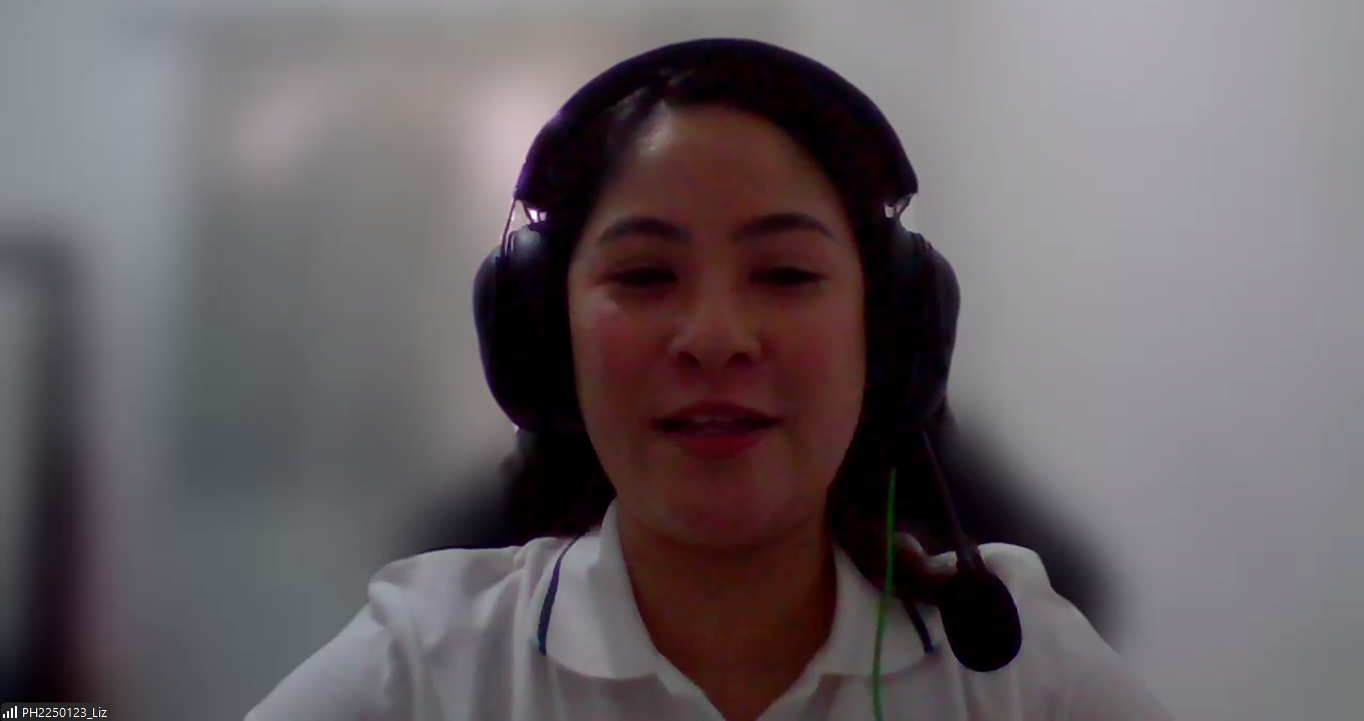
Ms. Lopriego Maria Liezel Navales, the representative of the candidates, shared her gratitude and enthusiasm for being part of JPEPA Batch 17 at the Japanese language training ceremony. She recounted how her love for Japanese culture began with anime and how this inspired her to learn Nihongo so she could fully appreciate the language without subtitles. Although she found learning Japanese challenging, especially balancing her duties as a nurse with her studies, she expressed how rewarding it felt to recognize Japanese words in daily life, a testament to her progress. Through perseverance and the support of her family, teachers, and batchmates, she remains motivated to master the language and viewing this journey as an opportunity to grow personally and professionally.
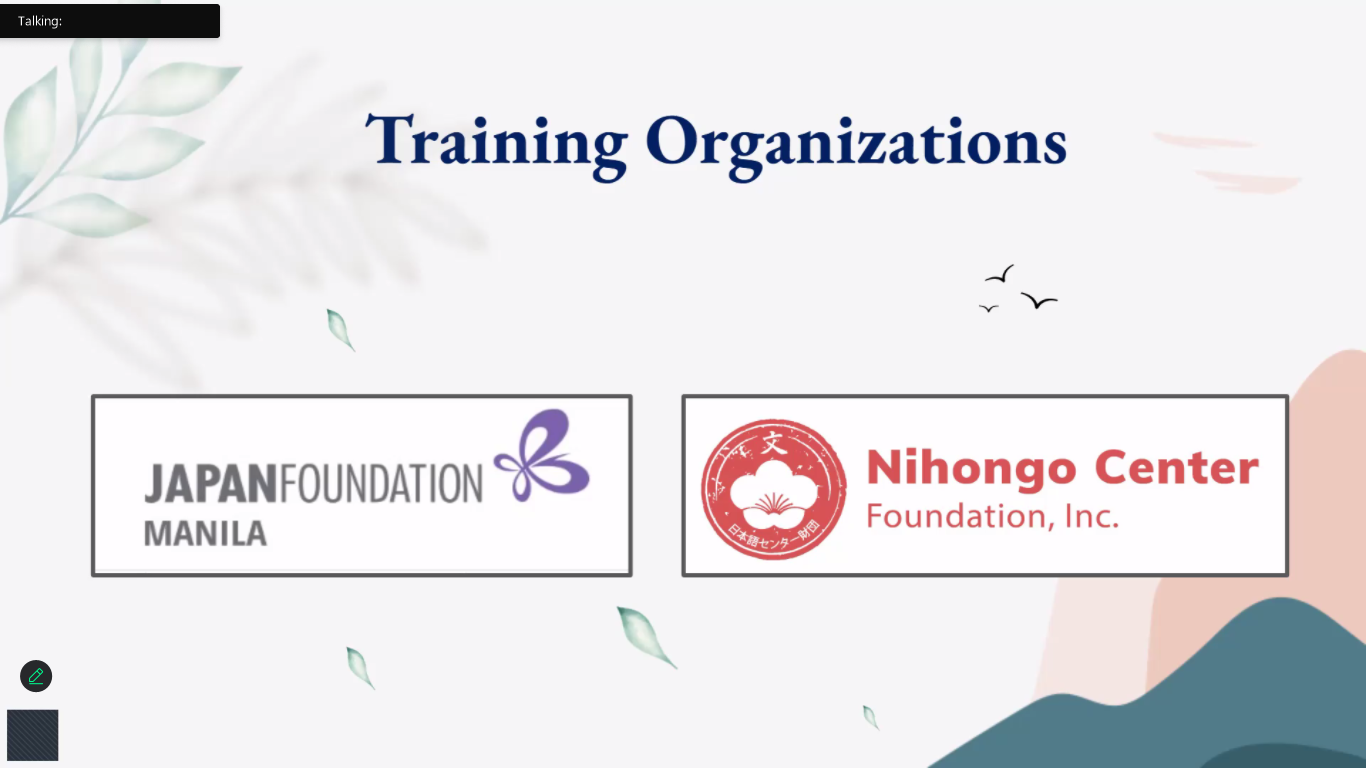
The 17th JPEPA batch has a total of 238 candidates — comprised of 211 care workers and 27 nurses — who, after undergoing six months of the intensive preparatory program of the Japanese language and culture in the Philippines, will then go through another six months of training in Japan upon their arrival, before they are dispatched to their designated hospitals and caregiving facilities where they will be able to apply their gained knowledge to carry out their duties not only as healthcare workers but also as representatives of Filipinos in Japan.

Recent Comments